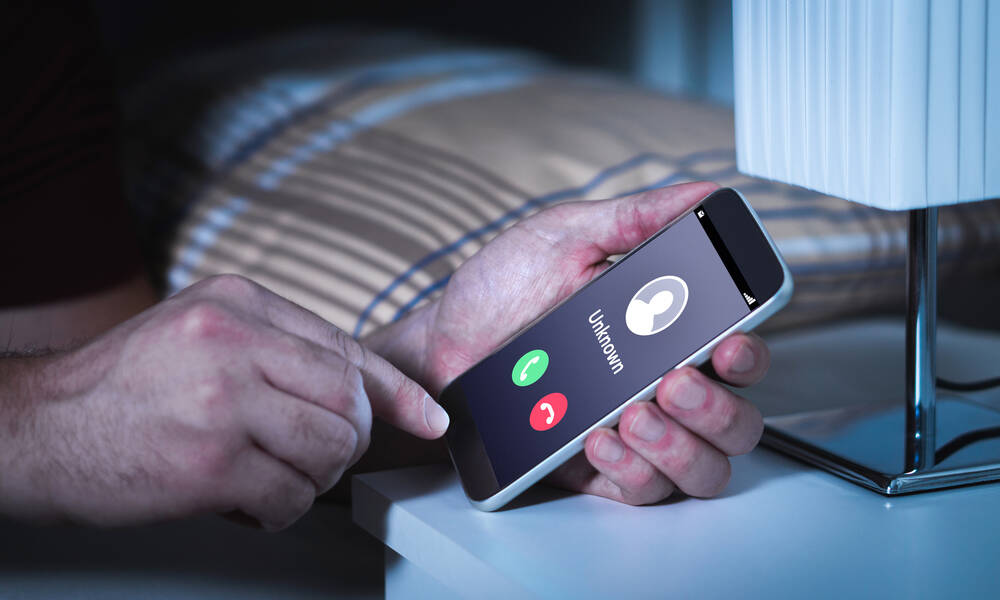
The Industry Standards That Could Kill Robocalls for Good
Telecom industry groups have stepped up their efforts to stop robocalls by developing call verification and blocking standards. But the head of a new technical group warns that many details remain to be worked out before you can kiss robocalls goodbye.
Getting lots of calls from sketchy marketers and outright scammers lately? Thanks to a new industry standard, the stream of robocalls may soon let up.
In recent years, groups such as the Alliance for Telecommunications Industry Solutions (ATIS) and the Internet Engineering Task Force (IETF) have been putting together a set of standards to improve the verification systems carriers use when routing phone calls. A standard called STIR (Secure Telephone Identity Revisited) offers call authentication, while SHAKEN (Signature-based Handling of Asserted information using toKENs) adds tokens that make calls easier to track.
Now this standardization work is getting out into the world, with T-Mobile launching an early version of STIR/SHAKEN last month called Caller Verified.
Industry groups are working on ramp-up efforts as well. Last fall, ATIS announced the creation of an industry watchdog to manage the maintenance of STIR/SHAKEN called the Secure Telephone Identity Governance Authority (STI-GA), based on a Federal Communications Commission (FCC) regulation.
“We look forward to advancing this industry-led initiative so critical to maintaining consumer trust in the voice network,” ATIS CEO Susan Miller said in a news release.
All this complicated stuff aims to do something simple, as New York magazine’s Jake Swearingen recently explained: to verify robocalls, then stop them from hitting people’s phones.
In comments to Swearingen, STI-GA director Brent Struthers noted that a lot of details still need to be worked out, such as how to highlight calls that are verified and whether to block calls that aren’t.
“It may well be a beginning, but the beginning of the end of robocalls, that’s still quite a ways off,” Struthers told the magazine.
Robocalls have become so ubiquitous that by one estimate half of all mobile calls made this year will be spam. The problem has led some people to stop answering their phones entirely.
This week, FCC Chairman Ajit Pai said the standard should be fully implemented this year—and that if it isn’t, regulation may be needed.
“It’s time for carriers to implement robust caller ID authentication,” Pai said in a statement [PDF]. “Uniform adoption will help improve authentication throughout the network and make sure no consumer gets left behind.”
T-Mobile’s adoption of the standards is an important start, and the other carriers told New York that they plan to launch their systems this year.






Comments